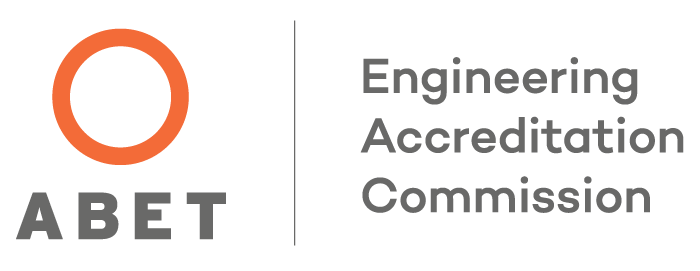Pratt & Whitney PW6000 engine donation expands opportunities aerospace and propulsion undergraduate students at Virginia Tech
Building on its long-term strategic partnership with Pratt & Whitney, Virginia Tech is kicking off a new pilot program at the Pratt & Whitney University Center of Excellence, located on the Virginia Tech campus, designed to engage, and expand opportunities for undergraduate students interested in aerospace and propulsion.
The undergraduate research and enrichment program, called English-to-Engineering (E2E), is a first of its kind program, which aims to expand undergraduate students’ interest and perspective in aerospace and propulsion, a focus typically reserved for graduate-level students. The E2E program’s curriculum has been designed to develop students’ industry-relevant communication skills, as well as skills for research and technical project execution. The program will take the format of an undergraduate research experience but will be student driven, supplementing traditional laboratory and capstone experiences.
Students selected for the program will also have the opportunity to engage with propulsion industry professionals from Pratt & Whitney as well as propulsion research faculty leaders at Virginia Tech. In addition, they will gain experience through potential internship or employment opportunities at Pratt & Whitney, or funding opportunities for research if they continue their education in graduate school at Virginia Tech.
The concept for the E2E program has basis in both academic and industrial needs and was created as a collaboration between Charlie Haldeman, Senior Fellow, Test Instrumentation Technology and Methods and Andy Consiglio, Fellow, Advanced Measurements from Pratt & Whitney and Prof. Todd Lowe of Virginia Tech. The goal of the E2E program focuses on helping students early on develop the skills to translate common “English statements” such as improve process “X”, into the complex engineering tasks needed for execution, a skill which is critical for a wide range of engineering related careers, not just the research focused areas of graduate studies. This pilot program builds upon Pratt & Whitney’s strategic relationship with Virginia Tech’s College of Engineering on fundamental research initiatives that support the design and development of advanced gas turbine engine propulsion and composite materials.
The E2E program, which begins this semester, is being spearheaded by Lowe, a professor in the Kevin T. Crofton Department of Aerospace and Ocean Engineering in collaboration with David Gray, associate professor in the department of Engineering Education. The program aims to fill a crucial gap in the propulsion talent pipeline. “While there are a number of thriving research programs at the graduate level, there are limited opportunities on campus for undergraduates interested in the propulsion industry,” said Lowe. “The E2E program will not only provide an opportunity for undergraduates to demonstrate their ability to define, execute and communicate complex engineering concepts, but will also prepare them with the communication skills required and highly desired by employers in industry.” As the program is student driven, it is expected to range from more traditional engineering research objectives to other areas of the propulsion business as well.
In addition to the new program, students from across the College of Engineering are already benefiting from the donation of a Pratt & Whitney PW6000 turbofan engine which powers the Airbus A318 and is capable of producing approximately 20,000 pounds of thrust. The PW6000 will be integrated into the curriculum by giving students the ability to take measurements, closely inspect, and even touch the engine from all angles. This semester, Lowe plans to incorporate the new engine into the curriculum of his junior level course of AOE 3164, Aerothermodynamcis and Propulsion. The 235 enrolled students will visit the engine as part of an assignment to link classroom propulsion theory to actual hardware.
“We were happy to provide a PW6000 to Virginia Tech so the students can get hands-on experience that is truly such a critical part of the educational and research process,” said Mary Anne Cannon, vice president, Pratt & Whitney West Palm Beach Site & Development Operations. “Not only will this enrich the learning process, but as a world leader in the design, manufacture and service of aircraft engines with a product line of large commercial engines that power nearly 30 percent of the world's mainline passenger aircraft fleet, we felt it was imperative that the next generation of talent, such as the students at Virginia Tech, be learning first-hand on a Pratt & Whitney engine.”
The engine, which arrived last fall, is currently located in the Advanced Engineering Design Laboratory, with the plan to be permanently displayed in the future Mitchell Hall, the showcase engineering building that is set to replace Randolph Hall in the next few years.











